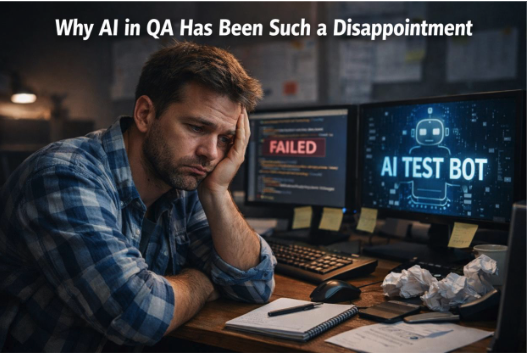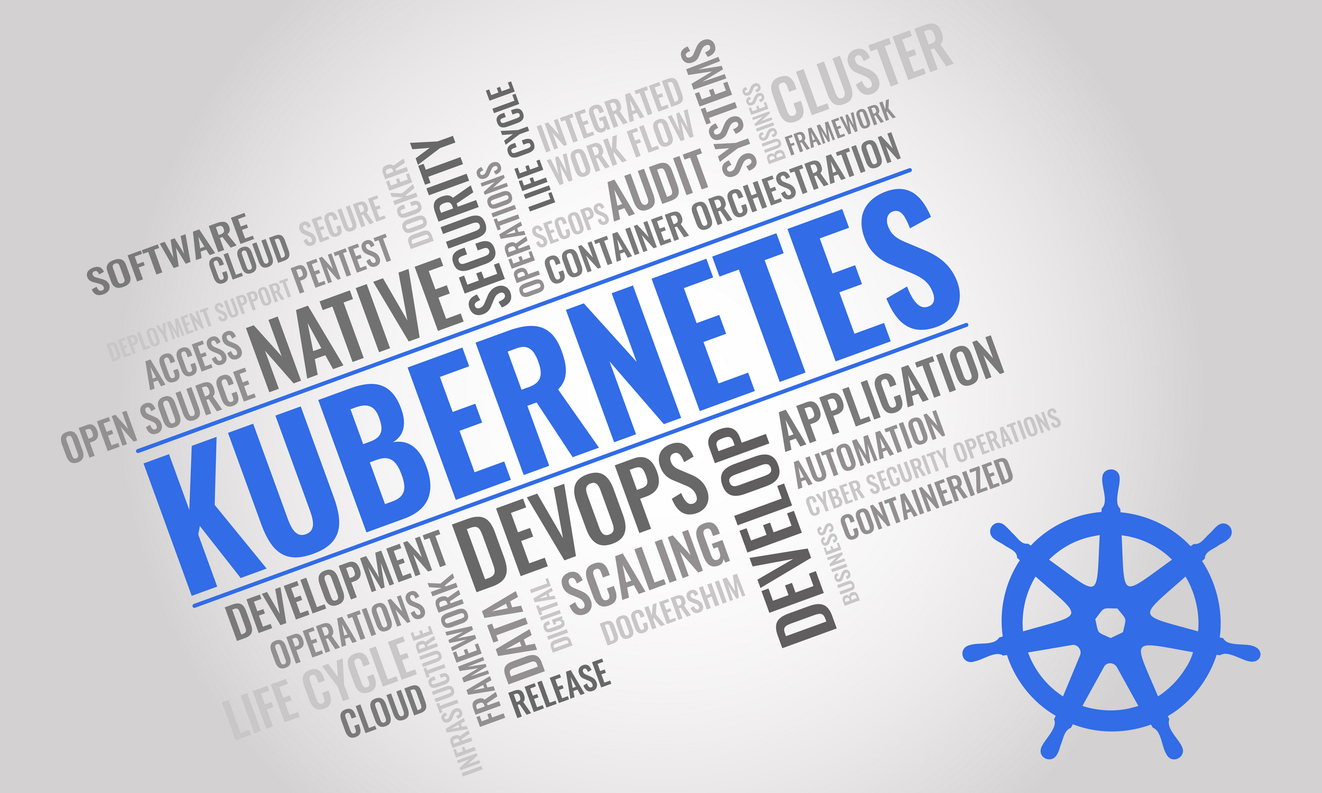The landscape of work is undergoing a rapid transformation, with AI at the forefront of this change. One of the areas most impacted by AI is Quality Assurance (QA), a crucial component in software development. AI testing is set to revolutionize the QA landscape, bringing significant implications for the job market and the skills required in the future workforce.
The Rise of AI in QA
Traditional QA processes often involve repetitive, time-consuming tasks such as manual testing, regression testing, and bug tracking. These tasks are not only labor-intensive but also prone to human error. AI testing, however, introduces a new era of efficiency and accuracy. By leveraging machine learning algorithms, AI can analyze vast amounts of data, detect patterns, and identify issues with a level of precision and speed that surpasses human capabilities.
AI testing tools can automate repetitive tasks, allowing QA professionals to focus on more complex, strategic activities. For instance, AI can automatically generate test cases, execute them, and even predict potential failure points in the software. This shift towards automation is not just about doing things faster but also about improving the quality of the final product by reducing the margin for error.
Implications for the Job Market
As AI testing becomes more prevalent, the role of QA professionals is set to evolve. Rather than replacing human testers, AI is likely to augment their capabilities, creating new opportunities for those willing to adapt. However, this shift also means that the skills required in the QA field will change.
The future QA workforce will need to be proficient in AI and machine learning concepts. Understanding how to work with AI tools, interpret their outputs, and integrate them into the testing process will be essential. This will require a new breed of QA professionals who are not just testers but also data analysts and AI specialists.
Moreover, as AI takes over more routine tasks, there will be a growing demand for QA professionals who can handle more creative and strategic responsibilities. This includes designing complex test scenarios, managing AI-driven testing processes, and ensuring that AI systems themselves are functioning correctly and ethically.
The New QA Landscape
In the future, we can expect the QA landscape to be characterized by a hybrid model where AI and human testers work together. AI will handle the bulk of routine testing, while human testers will focus on high-level analysis, decision-making, and oversight. This symbiotic relationship between humans and AI will lead to a more efficient and effective QA process.
However, this also raises questions about the ethical implications of AI in QA. As AI systems become more autonomous, ensuring their decisions are transparent and fair will be crucial. QA professionals will need to play a key role in monitoring and validating AI-driven processes to avoid biases and errors.
Conclusion
The future of work in QA is undoubtedly exciting, with AI testing poised to reshape the industry. While this transformation will bring challenges, it also offers immense opportunities for those who are ready to embrace new technologies and acquire the necessary skills. The key to thriving in this new landscape will be adaptability, continuous learning, and a willingness to collaborate with AI in creating better, more reliable software.
As AI continues to evolve, the QA profession will not only survive but thrive, becoming more integral to the software development process than ever before.
Appvance IQ (AIQ) covers all your software quality needs with the most comprehensive autonomous software testing platform available today. Click here to demo today.



